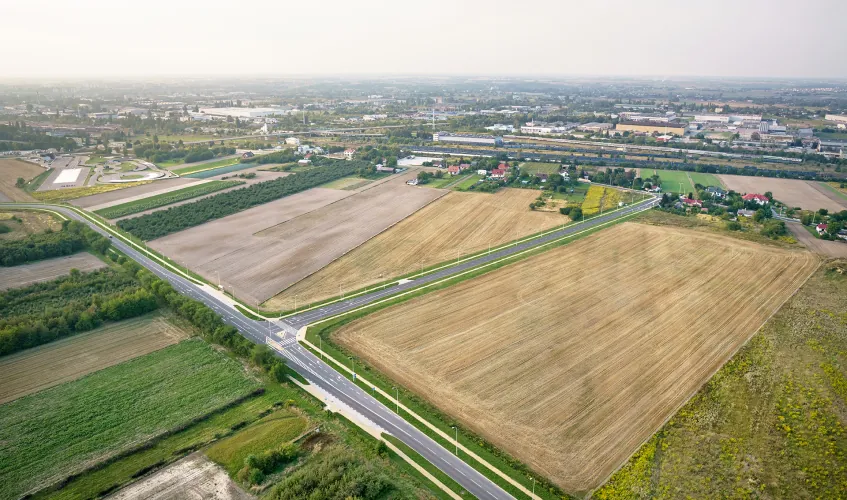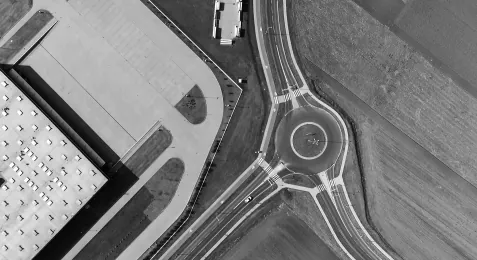Lublin Info Centre
New laws changing investment incentives in Poland

Deputy Prime Minister, Mateusz Morawiecki, says profound changes will be made to laws governing investment incentives – “the plan is not just minor corrections, but a real development-oriented breakthrough in Polish economic policy” designed to make Poland more attractive to prospective investors. It is to be achieved by creating a highly favourable environment for businesses and those who invest in them not only by creating attractive job vacancies but also building an innovative economy.
Minister of Economic Development and Finance also says that businesses will be provided with help with business rates or corporate tax relief for carrying out investment operations across the country. As a result, the entire country will be covered by a “single investment area” where businesses—once they satisfy certain requirements—would benefit from tax reliefs and investment incentives. As the regulation of the Council of Ministers of 10 December 2008 concerning “criteria for including land into a special economic zone” ceased to be binding on 30 June 2017, it is no longer possible to include privately-owned land into SEZs. This prevents businesses from both undertaking investment operations on such sites and receiving state aid for this purpose.
Minister of Development says, however, that only selected projects will qualify for tax relief. Businesses basing themselves on Economic Zones can access a number of benefits, depending on: investment site, type of investment, and quality of new job vacancies.
New investment projects will qualify for the incentives once they meet certain qualitative and quantitative criteria, e.g.:
- quantitative criteria – investment expenditure must be proportional to an unemployment rate in the district where a business will be located and the size of the investment project;
- qualitative criteria – to qualify for incentives, companies must be evaluated in terms of: cooperation with R&D and academic centres, employee benefits being offered, the number of specialists being employed/high salary jobs, and being in line with the current national development policy.
Concerning qualitative criteria, businesses will benefit from the support if they are located either in sites where basic rates of state aid amount to 35 and 50% or on sites listed in the “Programme for Silesia.” On these sites, lower qualitative evaluation threshold level will be in force.
Furthermore, following implementation of the new laws, tax break period will also be changed. The deadline is 2026 when Economic Zones in their current form will have ceased to exist. According to the new law, businesses will benefit from 10-15 year tax breaks, proportional to the amount of state aid available in a certain region.
Businesses moving into sites currently covered by Special Economic Zones will benefit from an additional five-year tax break.
Source: www.pwc.pl






